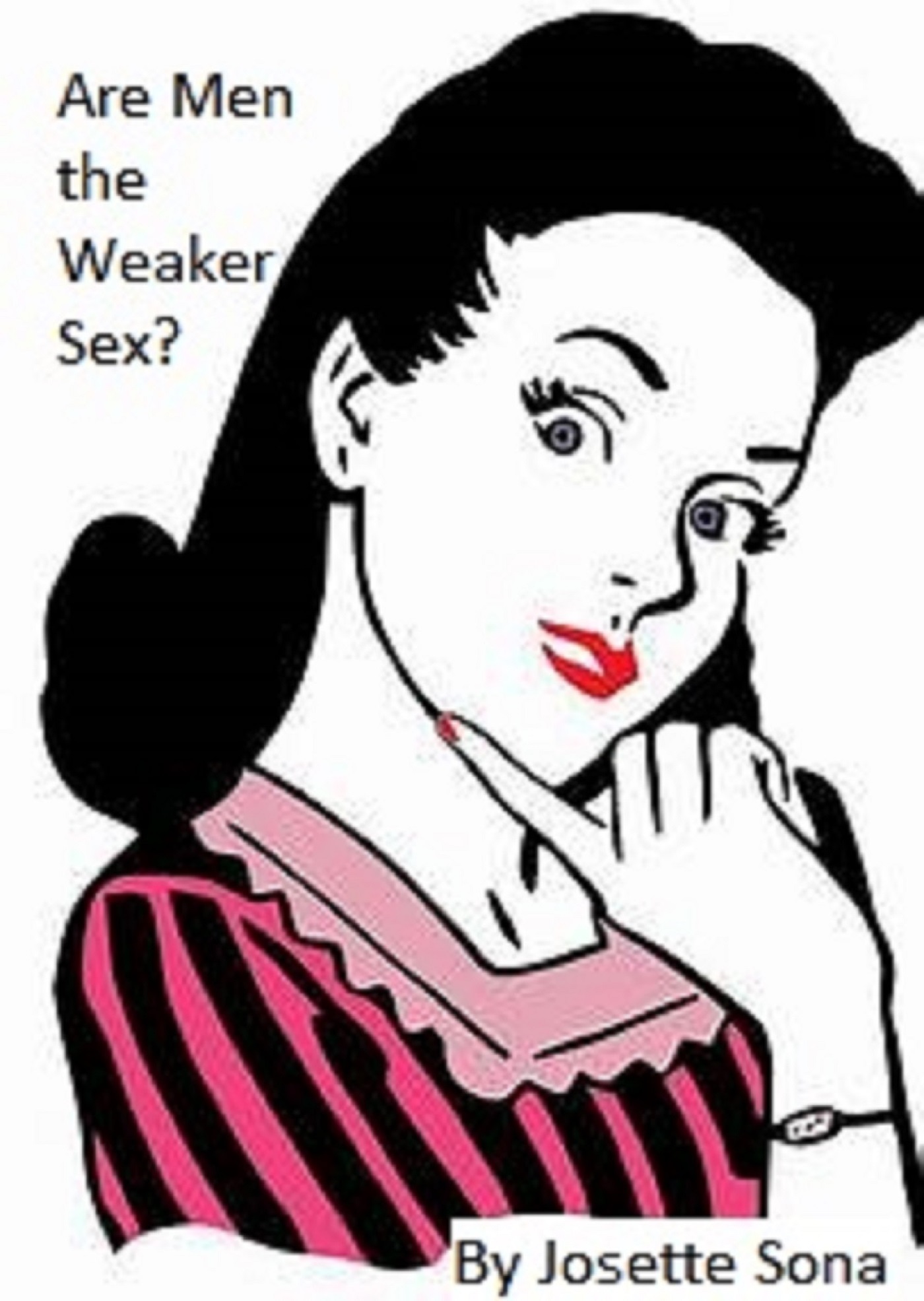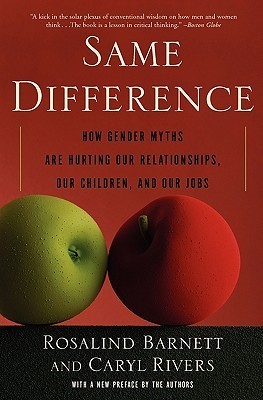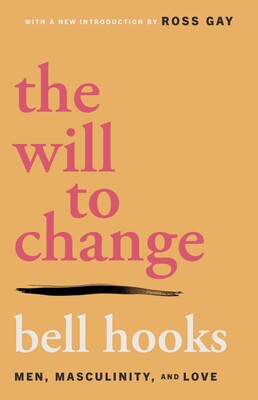
Are Men the Weaker Sex?
Book Description
What if everything you thought you knew about gender roles was turned upside down? In "Are Men the Weaker Sex?" Josette Sona dares to challenge societal norms, exposing hidden truths and shocking realities that linger beneath the surface of everyday life. With rigorous analysis and compelling anecdotes, Sona uncovers the intricate power dynamics that shape relationships and influence success. As the boundaries blur between strength and vulnerability, readers are thrust into a whirlwind of thought-provoking ideas that will ignite conversations and challenge perceptions. Are we ready to confront the real consequences of the age-old question: who is truly the weaker sex?
Quick Book Summary
In "Are Men the Weaker Sex?", Josette Sona challenges entrenched beliefs about gender roles and power. The book argues that our traditional views of male strength and female weakness are oversimplified and often misleading. Through a blend of cultural critique, sociological research, and personal anecdotes, Sona exposes how society frames men as inherently dominant, masking vulnerabilities and disadvantageous positions men can occupy. She calls into question widely accepted gender norms, examining the emotional, psychological, and social costs imposed on both sexes by rigid expectations. Rather than pitting men and women against each other, Sona advocates for a re-examination of strength and vulnerability, urging readers to recognize that both men and women can occupy positions of power or weakness in different contexts. Ultimately, the book encourages an open-minded, inclusive dialogue about gender, challenging readers to reconsider who is truly the "weaker sex."
Summary of Key Ideas
Table of Contents
The Hidden Vulnerabilities of Men
Josette Sona begins by deconstructing the prevailing notion that men are intrinsically stronger than women, inviting readers to reflect on how this assumption has been woven into the fabric of society. Drawing from history, literature, and media, she shows how the cultural image of the strong man often conceals the real vulnerabilities men face. Sona highlights cases where traditional masculinity leaves men isolated, unable or unwilling to express emotion or seek help, and she argues that the pressure to conform can lead to significant emotional distress.
Social Constructs and Gender Expectations
The discussion turns to the powerful influence of social constructs and stereotypes that shape how individuals perceive their own gender roles. Sona examines the expectations imposed on both men and women, such as the belief that men must always be providers or that women must be nurturing. She illustrates how such rigid expectations can limit personal growth, opportunities, and well-being for everyone, not just men. The author uses anecdotes and research to show that these social norms are learned and can be challenged and changed.
Re-examining Strength and Power
Sona then moves to the concepts of strength and power, demonstrating that these qualities can be found across genders in diverse forms. Physical strength, she argues, is often overemphasized, while emotional resilience, empathy, and adaptability go undervalued. Sona encourages readers to broaden their definitions of power to include psychological and social dimensions. By reframing what it means to be strong, she provides evidence that both men and women display strengths and weaknesses in different, often complementary, ways.
Psychological Costs of Gender Roles
Attention is given to the psychological and social consequences of strict gender roles. Sona delves into the mental health challenges men face, including higher rates of suicide and reluctance to seek psychological help, attributing these issues in part to norms discouraging vulnerability. She also explores how women can be disempowered by expectations around submission or caretaking. These dynamics, Sona argues, hurt not just individuals, but relationships and communities as well.
Towards New Narratives of Equality
The book concludes with a call to action, urging society to move beyond binary thinking about which sex is stronger or weaker. Sona advocates for reimagining gender in a way that values diversity and complexity, calling for more flexible, compassionate understandings of both masculinity and femininity. By fostering dialogue and challenging outdated narratives, she believes we can build healthier, more equitable societies. "Are Men the Weaker Sex?" thus becomes not just a question, but a prompt for profound re-evaluation and social progress.
Download This Summary
Get a free PDF of this summary instantly — no email required.





